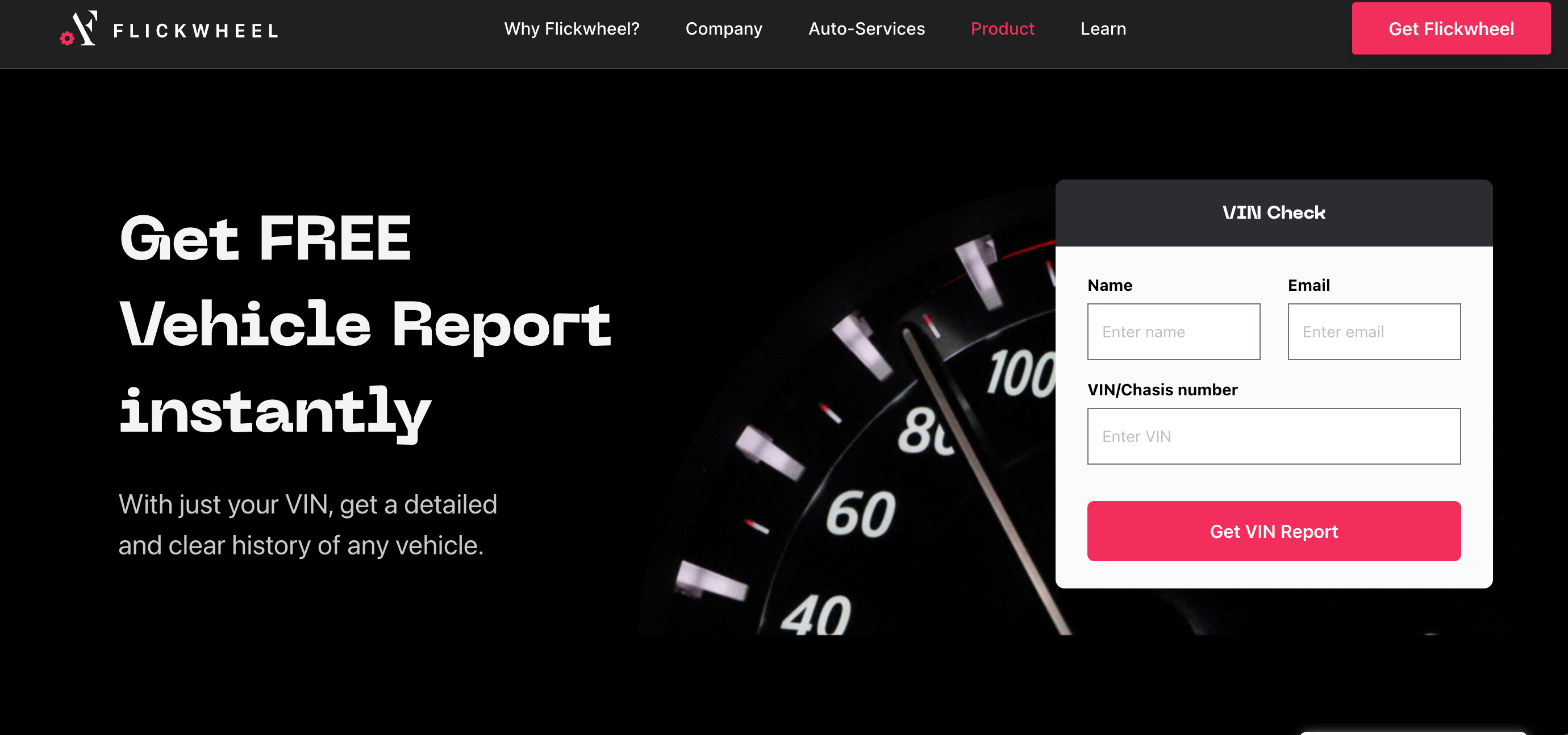May 02, 2024
Things you need to consider before you buy that car
There are several important factors to consider before buying that car to ensure that you make the right decision at the end of the day....

Automobile Content Creator
UNDERSTANDING YOUR NEEDS
Before purchasing a car, it is vital to understand your needs. What kind of car do you need for your lifestyle? Do you need a new car, or will a used car suffice? Why do you need a midsize SUV and not a compact SUV? Do you need more or less seating capacity?
There is a thin line between a want and a need, and it is essential that you can differentiate between these two to be able to come up with the best decision. When you find yourself in this situation, you should always answer the wants versus the questions of the need honestly so that you do not end up buying a luxury sedan when you need an off-road SUV.
By understanding your needs, you can narrow down your choices and make an informed purchase decision that is right for you.

CONSIDER YOUR BUDGET
It is essential to consider your budget when purchasing a car. Determine what kind of car you can realistically afford, research the features and specifications of cars, and compare prices to find the one that fits within your budget. If you have a limited budget, tilt towards used cars which often offer more features for your money. By considering your budget before making your purchase, you can ensure you get the best car for your need at a price you can afford.
Once you have chosen a car, ensure you understand the total cost of ownership, including insurance, taxes, fuel, maintenance costs, and any other additional fees associated with owning the car. You may also want to determine the car's resale value in case you decide to sell it later. With this knowledge, you can make an informed decision that fits your budget.
It is essential to create a budget and stick to it so you only spend what you ought to and not spend more than what you can afford or even take on too much debt.

CARRY OUT A THOROUGH RESEARCH
This is an important step in the process that should not be overlooked. Conducting thorough research is one of the best ways to ensure you get the best deal for your money. It involves looking into various car models, features, and ownership costs. You should also find out about the car's fuel efficiency, safety ratings, comfort, and any recalls or problems that could affect the car's performance.
Additionally, it is important to compare prices from different dealerships, their customer service ratings, and any financing options they offer.
Furthermore, research on the availability of the car's parts for repairs. This will help you understand what kind of car you are buying. Also, read customers' reviews and reliability ratings of the car before committing to a purchase.

KNOW THE VEHICLE HISTORY
This is a very crucial step when purchasing a used car. It is vital for both safety and budget reasons.
A vehicle history report can tell you a lot about the car's past, including its ownership history, whether it has been in any accidents, its repair records, odometer checks, and whether it was ever declared salvage. It can also provide information on the vehicle's current and previous owners, title, registration, and lien records.
Using our VIN checker at Flickwheel, you can obtain a detailed vehicle history report on any vehicle with the vehicle's VIN or chassis number for FREE. This will save you from any situation detrimental to your ownership experience by uncovering any preexisting issues with the car.
Knowing the vehicle history of a used car before purchasing it can help you avoid buying a lemon car and ensure you get a safe and reliable one.

THOROUGHLY INSPECT THE VEHICLE
If you are planning to buy a secondhand vehicle, it is crucial to inspect it thoroughly.
Inspecting the vehicle before purchasing is vital in ensuring you get a reliable vehicle worth the cost. When examining the vehicle, here are essential things to look out for:
Make sure the car is clean and well-maintained.
Check the car's exterior for signs of rust, dents, scratches, and other damage. It would help if you also looked for signs of previous bodywork.
- Also, take a look at the interior of the car. Check for any signs of wear, tear, and damage that could be caused by the previous owner. Look out for signs of water damage, mold, or mildew. Pay close attention to the condition of the car's upholstery.
- Check the oil level, tires, suspension, transmission, and brake to ensure there are no issues and they are in good condition.
- Make sure all lights, indicators, and gauges are working correctly.
- You should also check the car's odometer to ensure you are not buying a car with much prior mileage.
- The engine is the most critical part of the car. Check the engine and other major mechanical components to ensure they function properly.
- Ask the seller for maintenance records or inspection reports to ensure the vehicle has been regularly maintained and serviced.
- Test the car to get a feel of how it drives, how comfortable the ride is, and whether any unusual noise, vibrations, or movements could indicate a problem.
If necessary, get a good auto technician to inspect the car to ensure there are no hidden issues you may have missed. By thoroughly checking the vehicle before buying it, you can be sure you are getting a car in overall good condition, thereby getting the best car for your money.

A car is a major purchase, so it is vital to do thorough research to ensure that you're getting the best possible deal. Make sure you do your findings and ascertain the actual cost of ownership and not just the purchase price. Things like depreciation, insurance fuel, and maintenance expenses are things to consider when carrying out these findings because they can all add up and impact your bottom line.
Therefore it is essential to factor in all of these before making your final decision about the purchase.
Get more stories lifestyle
Get vehicle articles, product updates and promotional offers
Next Read

Car Talk
10 Car Maintenance Tips to Extend the Life of Your Vehicle
By taking a proactive approach to car care, you can avoid costly repairs, improve your car's performance, and ensure your safety on the road.
By taking a proactive approach to car care, you can avoid costly repairs, improve your car's perform...

Car Talk
Gears of Deceit, Misfiring Standards: Exploring the Challenges Facing African Mechanics
Many drivers across Africa have faced the frustration of dealing with auto technicians who may not consistently deliver the honest and professional service they need.
Many drivers across Africa have faced the frustration of dealing with auto technicians who may not c...
Car Talk

